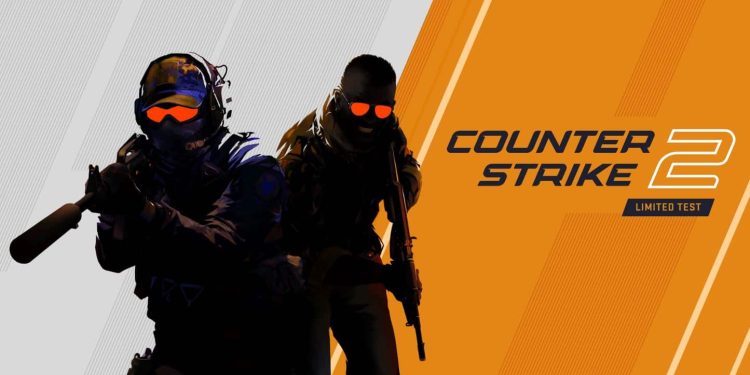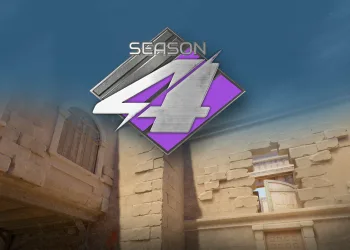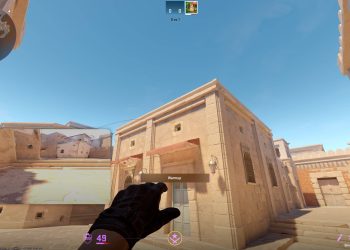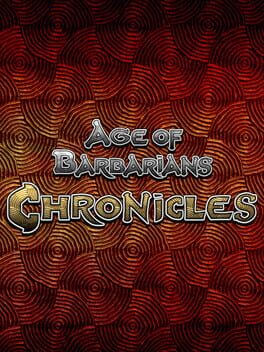Dean Hall, creator of DayZ, has publicly criticized Valve for its use of gambling-style monetization after a recent Counter-Strike 2 update sent skin prices into chaos. In an interview with Eurogamer, Hall said Valve “does not get anywhere near enough criticism” for those mechanics, and called the systems “disgusting”. The comments followed a trade-up style patch that dramatically changed the value of glove and knife skins and, by several tallies, erased around $3 billion from an estimated $6 billion market.
The update reignited debate over how Valve lets real money attach to virtual items, and how fragile that economy can be when the developer tweaks drop rates or trade mechanics. Community reaction was immediate and heated, with collectors and traders reporting significant losses and widespread panic. Hall also urged developers to open their data to researchers, saying universities want to study the player impact of these systems. That point echoes long-running concerns about skins and case drops that began after the CS:GO “Arms Deal” update more than a decade ago, when third-party markets first turned cosmetic items into real-world value.
We previously covered Valve’s trade-up changes and how they affected market valuations in our story on the update, which looked at the mechanics behind the shift and why many prices halved or swung wildly during the patch window: Valve trade-up change halves Counter-Strike skin market value. For players who treat skins like investments, the latest episode is a reminder that developer adjustments can instantly reorder perceived value. For critics, it is further evidence that systems tied to chance and real money deserve closer scrutiny and, potentially, independent study.
If you have thoughts on skins, gambling mechanics, or what developers should disclose, leave a comment and follow along on X, Bluesky, YouTube.



























